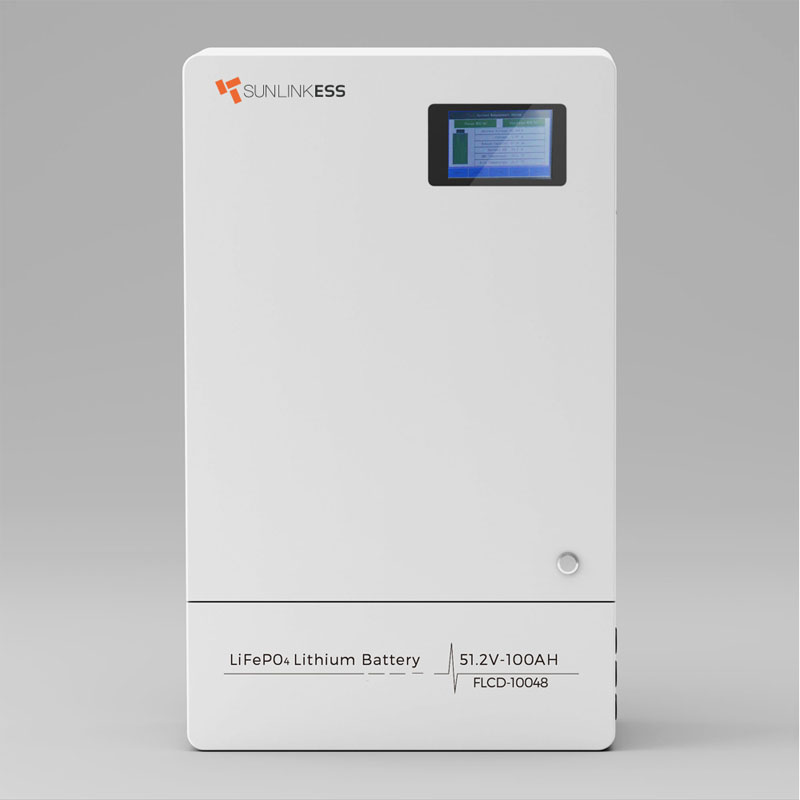Lithium Battery: Powering the Modern World
2025-04-14
In today’s fast-moving and highly connected world, energy storage is more important than ever. At the heart of many of our daily devices lies a compact yet powerful technology: the lithium battery. From smartphones and laptops to electric vehicles and solar power systems, lithium batteries have become the gold standard for reliable, long-lasting energy.
What Is a Lithium Battery?
A lithium battery is a type of rechargeable battery that uses lithium ions to store and release electrical energy. Unlike traditional batteries, lithium batteries offer a much higher energy density, meaning they can store more power in a smaller, lighter package. This makes them ideal for modern portable electronics and high-performance applications.
There are different types of lithium batteries, including lithium-ion and lithium iron phosphate (LiFePO4), each with their own strengths depending on the use case. However, they all share key advantages in performance and efficiency.
Key Benefits of Lithium Batteries
High Energy Density
Lithium batteries store more energy than traditional battery types like lead-acid or nickel-cadmium. This is why they are used in compact devices where space and weight are critical, such as smartphones, drones, and electric vehicles.
Longer Lifespan
Compared to other rechargeable batteries, lithium batteries offer a longer cycle life. This means they can be charged and discharged hundreds or even thousands of times before their performance begins to decline.
Fast Charging
One of the standout features of lithium technology is fast charging capability. This is especially useful for busy lifestyles where waiting hours for a full charge is not practical.
Lightweight and Compact
Because of their high energy density, lithium batteries can be much lighter and smaller than alternatives. This makes them ideal for portable gadgets and applications where reducing weight is a priority.
Low Self-Discharge Rate
Lithium batteries lose their charge at a much slower rate when not in use. This means your devices are more likely to hold power even after being stored for a while.
Common Applications
Lithium batteries are used across a wide range of industries and products, including:
- Consumer electronics such as mobile phones, tablets, and laptops
- Electric vehicles, bicycles, and scooters
- Backup power systems and solar energy storage
- Power tools and industrial equipment
- Medical devices and military gear
Their versatility and high performance make them essential in both everyday life and high-tech environments.
Looking Ahead
The future of lithium batteries looks bright, with ongoing research aiming to improve energy density, reduce charging time, and lower production costs. New innovations, such as solid-state lithium batteries, promise even safer and more efficient energy storage.
As the world shifts toward cleaner energy and smarter technology, lithium batteries will continue to play a central role in making that future possible.
Conclusion
The lithium battery is more than just a power source — it is a symbol of modern innovation. Its high efficiency, portability, and long life make it indispensable in today’s technology-driven world. Whether you’re using a smartphone, driving an electric car, or storing energy from solar panels, chances are a lithium battery is making it all possible.



